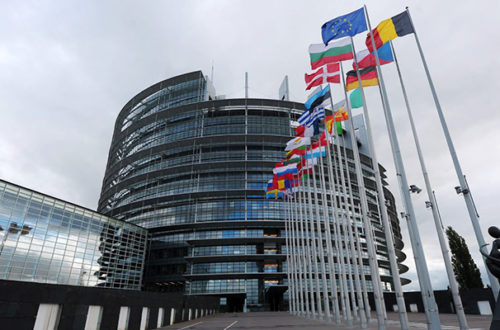
Volume 21 | Issue 8
The Question of 2047: Constitutional Fate of “One Country, Two Systems” in Hong Kong
Yunxin Tu
The Law on Police Use of Force in the United States
Brandon Garrett and Christopher Slobogin
On Scripts and Sensibility: Cold War International Law and Revolutionary Caribbean Subjects
Vidya Kumar
“Advise and Rule” or “Rule by Advising”: The Changing Nature of the Advisory Jurisdiction of the Constitutional Court of Kosovo
Fisnik Korenica
The (Very) Political Dissent: Dissenting Opinions and the Polish Constitutional Crisis
Benjamin Bricker
The Implementation of Collective Redress – A Comparative Approach
Alexander Stöhr
Striving for Consistency: Why German Sentencing Needs Reform
Clara Herz
Erratum








One Comment
Pingback: